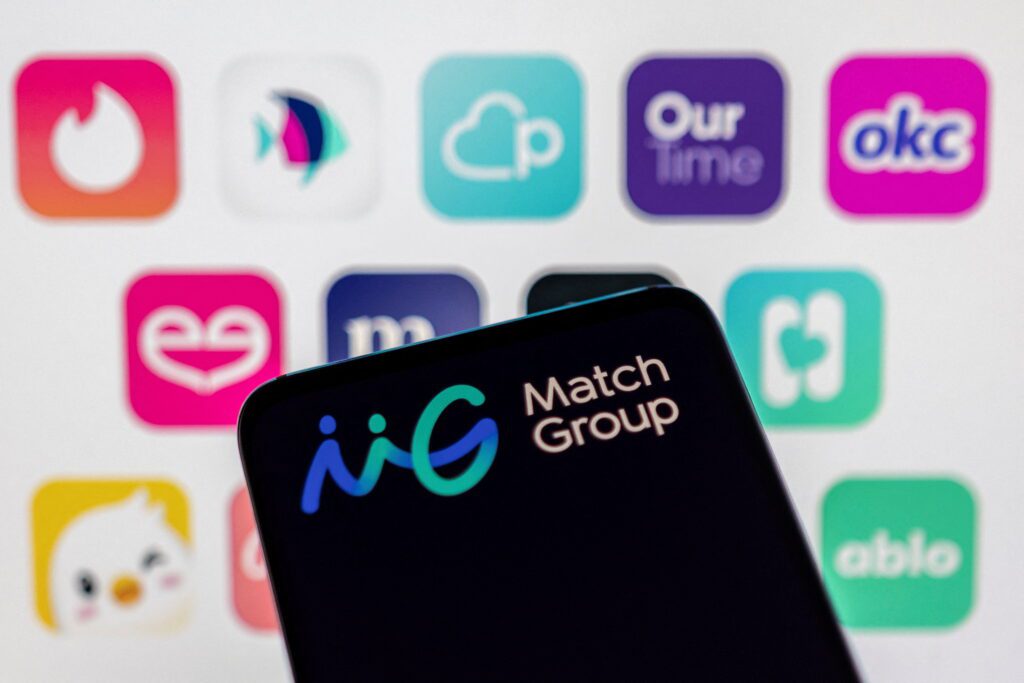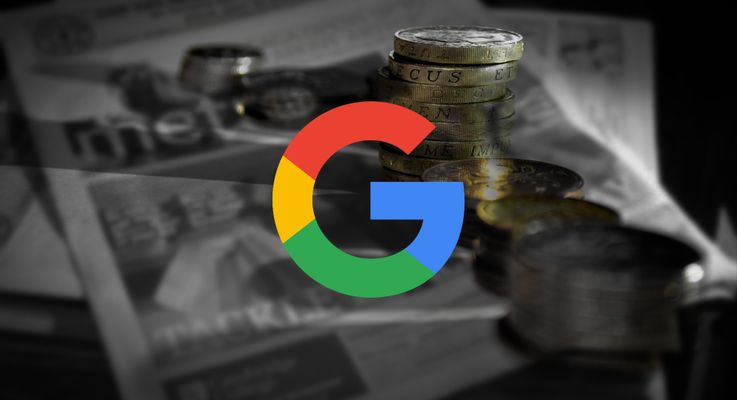When you signup for a dating site, you’re likely thinking about all of the many possibilities at hand. A good dating app can lead to great memories, fun experiences, and even finding that perfect someone. In fact, it is fairly easy to forget that when it comes down to it, the purpose of dating apps is to make money. This often leads to disputes, and Match Group is a familiar face when it comes to dating app legal cases. Recently, the company has found itself at odds with Google, highlighting potential anti-trust issues regarding billing policies.
Who Is Involved in the Match Group Lawsuit?
This case is particularly interesting due to the two organizations involved. On one hand, you have Match Group, which is perhaps the best-known company in the dating app game. They have been a leader in online dating from the beginning. In addition to their Match.com brand, they also own a number of the most popular dating apps including Tinder, Hinge, OK Cupid, Plenty of Fish, and many more. They have aggressively acquired other properties to achieve a large market share.
On the other hand, the company being sued in this case is Google. The search engine empire has expanded over the years to many different sectors and markets. They have acquired large companies including YouTube, Waze, Nest, and FitBit. However, the property at hand in this lawsuit is none other than Android, a smartphone operating system that is the leading competitor to Apple’s iOS.
What Is the Match Group Lawsuit About?
The issue at hand here is Google’s billing practices for in-app purchases made through Android devices. This can sound like a bit of a boring topic; however, this lawsuit does raise some very compelling arguments. Let’s dig into this a bit deeper.
If you have an Android phone, you probably assume that when you make an in-app purchase, the money you spend on app payments goes directly to the app you are using. However, this is a dramatic oversimplification of the process. In reality, the money has to be transferred from your banking account to the company through some sort of middleman.

There are many options for this. After all, you are probably familiar with third party payment processors like PayPal. There are many on the market. Google, which again owns Android, would prefer to earn money from the payment processing business as well. Thus, they offer this service for app payments, taking 30% of all money they process. However, the issue at hand is not that this service is offered; rather, that Match Group alleges it is required.
According to Match Group, they argue that Google requires app payments to go through Google. While not specifically stated that it is required, Match Group alleges that Google creates a forced requirement by removing apps from the Google Play store if they offer alternative methods of app payments. Being listed in Google Play is key for exposure to the market. Thus, Match Group alleges that Google’s policies amount to a monopoly.
Case Updates and Potential Industry Effects
This is an interesting case that brings up serious allegations of anticompetitive tactics within the industry. It is also not the first time that this has occurred. Both Apple and Google have been criticized for similar monopolistic policies regarding payment processing from their respective app store environments.
For example, a lawsuit against Apple by Epic Games made similar allegations regarding app payments on iOS. That lawsuit ultimately resulted in a decision that didn’t favor either company. Apple was not required to reinstate Epic Games to the app store; however, they were required to allow external payment options.
The current Match Group lawsuit may be heading to a similar conclusion. Just a few days ago, Match Group withdrew a request for a temporary restraining order against Google, which was part of their initial legal proceedings. This came after Google agreed to not delete any Match Group app from the Google Play store for offering alternative payment options to users. Additionally, Google agreed that Match Group would place Google’s cut of fees into an escrow account while the lawsuit was sorted out (Match argues that Google’s fees are illegal).
For app developers, this is a major lawsuit because a result firmly on the hand of Match Group could yield significant financial benefits as many third party payment processors offer more developer friendly rates than Google. For dating app users, the results of this case may not yield much of a change in their experiences. At most, you may see increased options for how to pay dating apps when you make purchases, which could be more convenient. It may take a year or two for this lawsuit to be resolved, but the verdict could change the game for app developers.
It is also interesting to note that it appears that Match Group is taking an honorable position in this legal action. The company has tended to develop a reputation for engaging in questionable actions in the past. Thus, it is good to see them on the other side of things. Apparently, the one thing that can make a near-monopoly look good is a conflict with a much larger near-monopoly.



